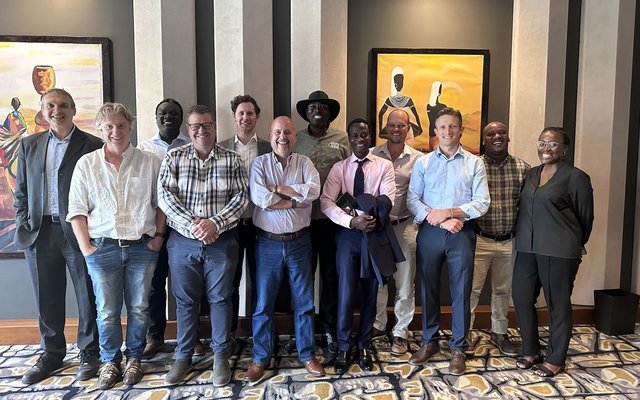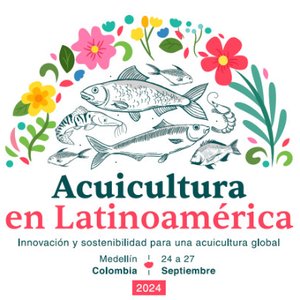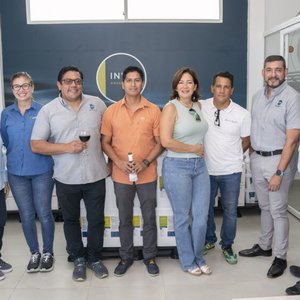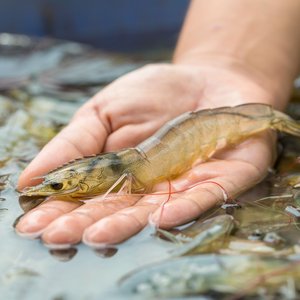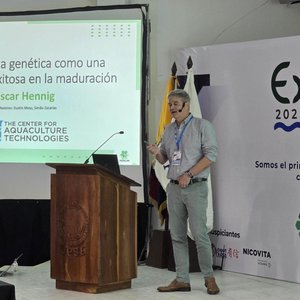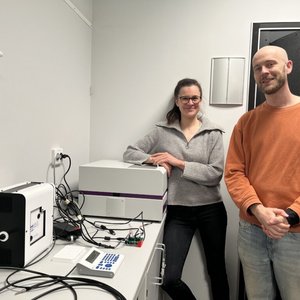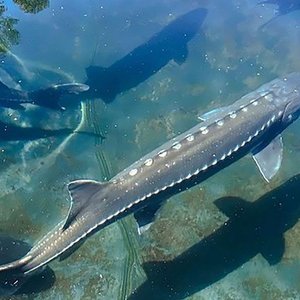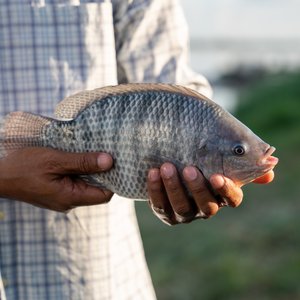Global Salmon Initiative (GSI) in partnership with FUTUREFISH and funding from the Bill & Melinda Gates Foundation, recently hosted a first-of-its-kind leadership roundtable for the African aquaculture sector. It focused on identifying opportunities to mobilize greater investment into sustainable and equitable development of the sector.
The meeting, held alongside the recent World Aquaculture Society (WAS) conference in Lusaka, was attended by business leaders from local companies Chicoa Fish Farms, De Heus, Flosell, Lake Harvest, Tropo Farms, Victory Farms and Yalelo, as well as key industry investors Aceli, AquaSpark, AquaRech, Eden Group, and Gatsby Africa.
“The Global Salmon Initiative model has taught us over the last ten years that when we unite business leaders under a progressive vision, we can identify common barriers and we can act together to greatly accelerate progress. This Lusaka meeting has now shown us that the GSI model of collaboration has broader application and clearly has the potential of accelerating the development of aquaculture in Africa by mobilizing the collective insight, initiative and will to the action of local business leaders,” said Avrim Lazar, GSI convenor and facilitator of this roundtable.
Following the discussions, the attendees outlined a number of initiatives that they hope to take forward to help strengthen the business case for the continued development of aquaculture in Africa. The key themes of the group’s agreements focused on:
- The opportunity for aquaculture to play a much larger role in assuring food security in the region.
- The potential that working together can have in significantly accelerating progress.
- The opportunity to work together and mobilize action through collective working groups to:
- Increase training and inclusion opportunities for women leaders in the sector.
- Share knowledge and build greater awareness of biosecurity challenges.
- Increase awareness from the investment community of the opportunities in the sector.
- Utilize and adapt digital technology to increase the productivity of small-holders.
- Increase training and inclusion opportunities for women leaders in the sector.
- Share knowledge and build greater awareness of biosecurity challenges.
- Increase awareness from the investment community of the opportunities in the sector.
- Utilize and adapt digital technology to increase the productivity of small-holders.
“While it is recognized there are a number of barriers impacting possible development in the sector at this time, we are optimistic that through greater collaboration, raising awareness of the local opportunities and activating the necessary discussions to drive change, the African aquaculture market can not only grow but can do so in a way which empowers local communities and respects biodiversity,” said Michael Phillips, director and co-founder of FUTUREFISH.


